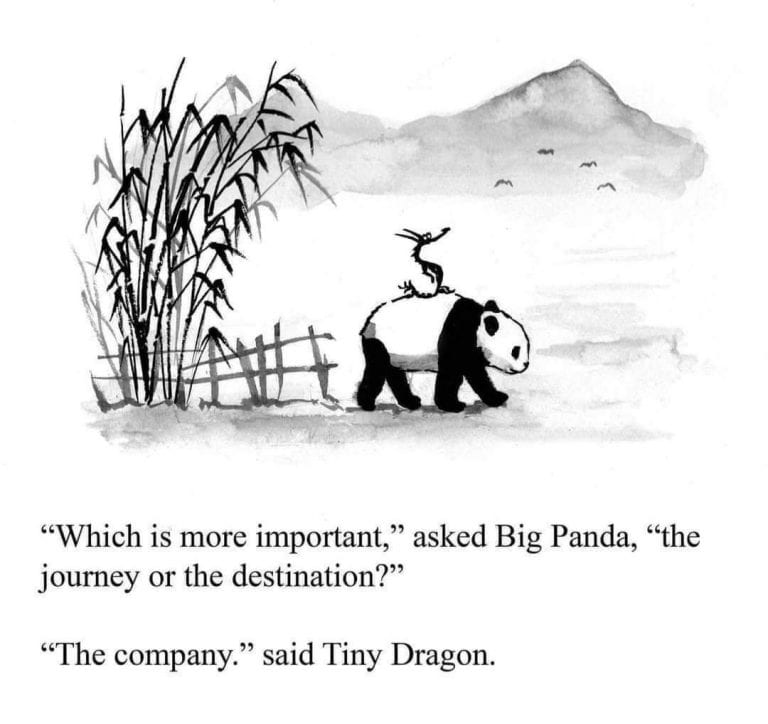
Judo is, for the most part, an individual sport. There is a team event, which will make its debut in the Tokyo Olympics, but most judo players view judo as an individual endeavor.
And it is with that mindset that most people adopt when it comes to attending judo sessions. Foremost on their minds is the question of whether it's convenient for them to train on that day. If it's not, or if they've got some other event to attend to, they will skip training without as much as a thought to what that means to their teammates, and in particular, their training partners.
What it means is that their training partner might not have someone to train with for that session. Let's say you're a lightweight female player. If you skip training for that night, it could very well mean that the other lightweight female player in the club might have no one to train with because the rest are all middlleweight or heavyweight guys. Or if you are a big, heavyweight guy and you skip training, the other heavyweight guy in the club might not have anyone to train with cos the rest are girls or lightweight guys.
These types of scenarios are very common. Not having enough suitable partners to train with is a problem judokas around the world face. Even in countries that have produced World and Olympic champions, many of the clubs there face this problem too.
Yet, players tend not to think about how their absence affects their training partners. The problem is when everyone acts only in their own self interest, there will be many instances when there are simply not enough training partners for those who do show up for training.
Imagine you're a badminton player and you decide to skip tonight's training because you've just been invited to a cool party or because you are too tired and don't feel like training. If you leave your badminton partner high and dry, they will not be able to train that night because you can't do badminton alone.
Guess what: Judo's the same. You can't do judo alone either. There may be other players on the mat but if they're all too big or too small for you, it's effectively the same thing as having no partners. So, the next time you plan to skip a session for whatever reason, give some thought about what that does to your training partner.
